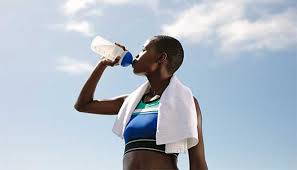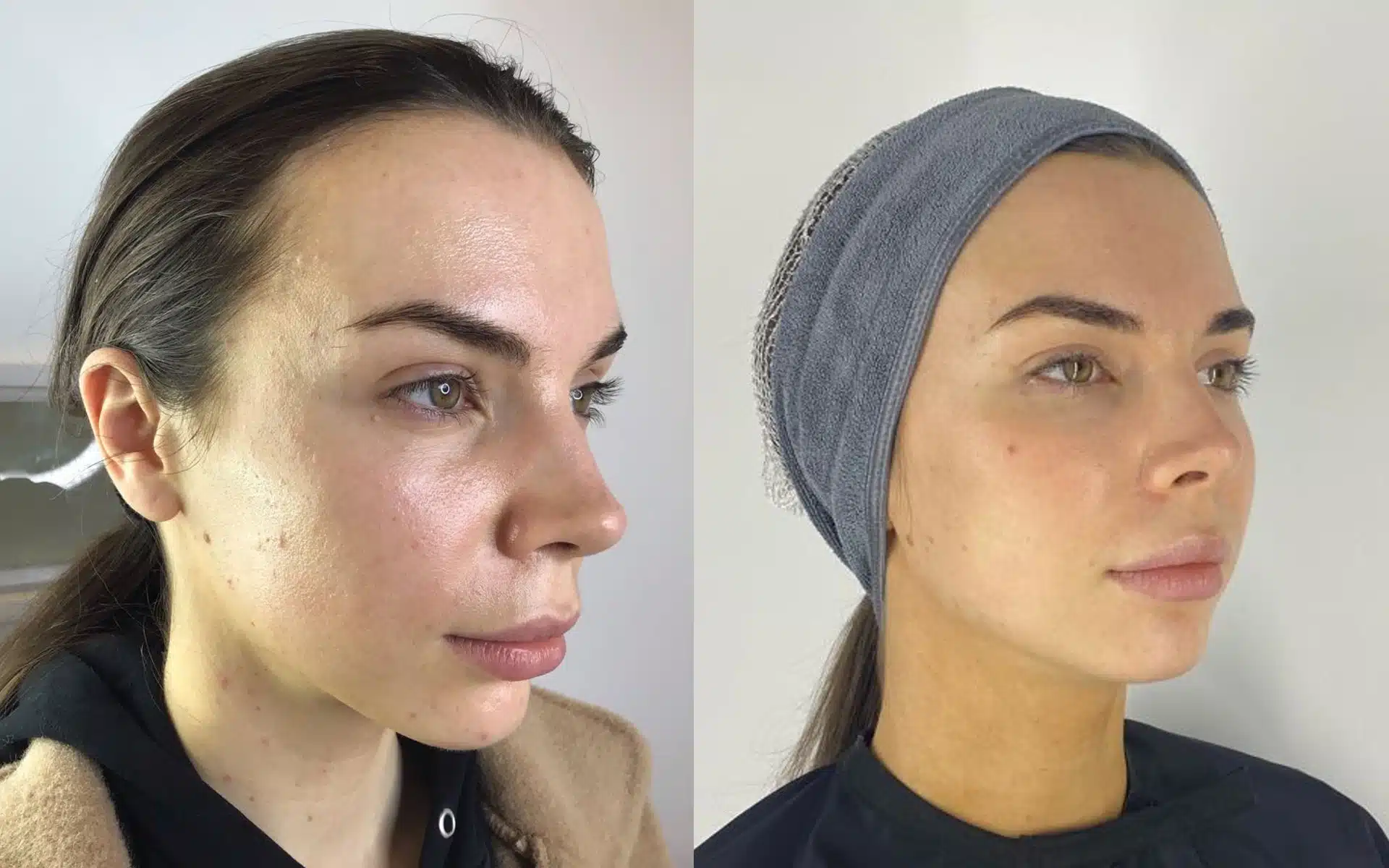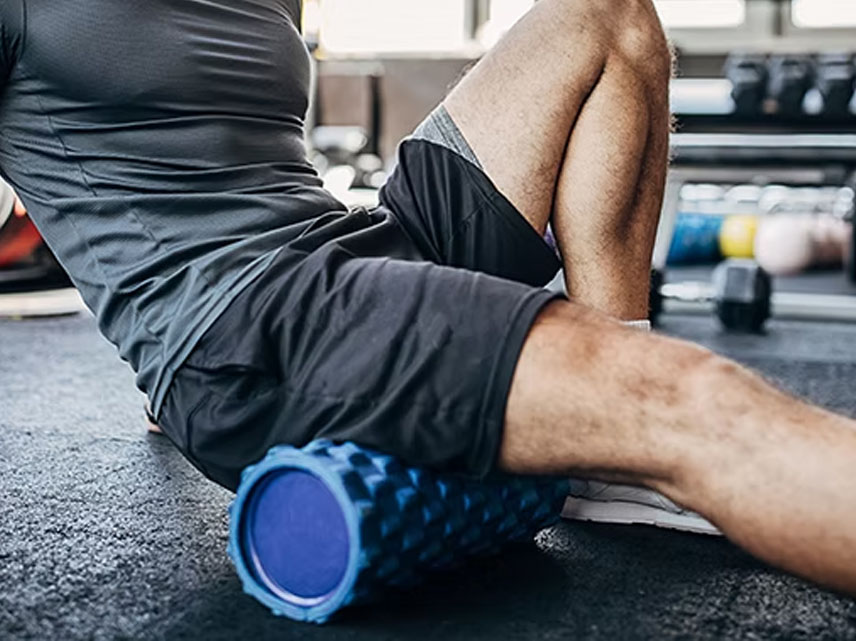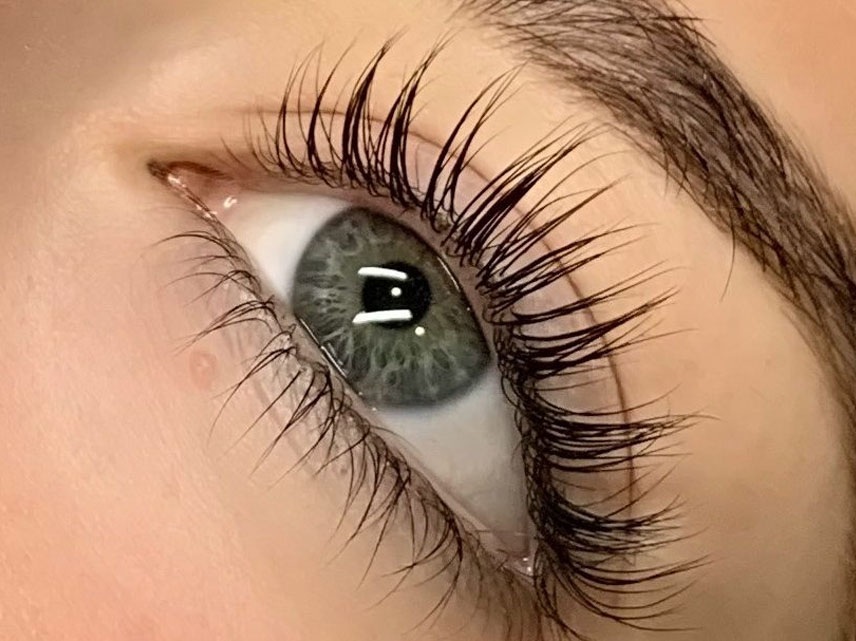The Role of Hydration in Sports Performance
Hydration might seem simple, but it’s one of the most powerful—and often overlooked—factors in sports performance.

Recent Blogs
- Top 7 Anti-Aging Ingredients to Look For
- Top 10 Smart Home Devices to Upgrade Your Living Space in 2025
- The Science Behind Collagen: Does It Really Work?
- 10 Practical Tips to Manage Stress Every Day
- How to Achieve a Luxury Look on a Budget
- Off-Bike Workouts for On-Bike Results
- How to Choose the Right Cleanser for Your Skin Type
September 25 02
Hydration might seem simple, but it’s one of the most powerful—and often overlooked—factors in sports performance. Whether you’re an athlete, gym-goer, or weekend warrior, staying properly hydrated can significantly impact how well you train, compete, and recover. In this blog, we’ll break down why hydration matters, how it affects your body during exercise, and smart ways to stay hydrated for peak performance.
Why Hydration Is Crucial for Athletes
Water makes up around 60% of the human body and plays a key role in almost every physiological process. In sports, proper hydration helps with:
- Regulating body temperature
- Lubricating joints
- Transporting nutrients and oxygen to muscles
- Removing waste and toxins
- Maintaining blood volume and pressure
- Supporting cognitive focus and reaction time
Even slight dehydration (as little as 2% of body weight) can reduce physical and mental performance.
Signs of Dehydration During Exercise
It’s easy to lose track of hydration when you’re focused on a game or workout. Watch for these signs:
- Dry mouth or extreme thirst
- Headache or dizziness
- Muscle cramps
- Fatigue or early exhaustion
- Reduced performance or slowed reaction
- Dark yellow urine
These symptoms are more common in high-heat or endurance environments.
Hydration and Performance: The Science
Endurance: Dehydration leads to quicker fatigue and decreased stamina. Proper hydration helps maintain energy levels over long durations.
Strength and Power: Muscle contractions depend on water and electrolyte balance. Dehydration may reduce strength output.
Recovery: Water supports post-exercise recovery by helping flush toxins, reduce soreness, and promote nutrient delivery to muscles.
Mental Focus: Dehydration affects brain function, reducing concentration, coordination, and decision-making speed—critical in sports like soccer, tennis, or basketball.
How Much Water Should You Drink?
Hydration needs vary based on your body size, activity level, and environment, but general guidelines include:
- Daily baseline: 2.7 liters for women, 3.7 liters for men (from all sources, including food)
- Before exercise: 16–20 oz of water 2–3 hours before training
- During exercise: 7–10 oz every 10–20 minutes
- After exercise: Replenish with 16–24 oz for every pound of body weight lost during training
Tip: Weigh yourself before and after a workout to estimate fluid loss.
Water vs. Sports Drinks
Water: Ideal for short workouts (under 60 minutes) and low-intensity training.
Sports Drinks: Recommended for longer or high-intensity workouts (especially in heat). They provide:
- Electrolytes (sodium, potassium, magnesium)
- Carbohydrates for energy
- Improved absorption of fluids
Watch out for added sugars or artificial colors in commercial sports drinks.
Electrolytes and Hydration
Electrolytes help regulate fluid balance, nerve signals, and muscle function. During intense workouts or sweat-heavy sports, you may lose them rapidly. Replenish through:
- Sports drinks
- Coconut water
- Electrolyte tablets or powders
- Salted snacks or electrolyte-rich foods (bananas, yogurt, nuts)
Smart Hydration Strategies for Athletes
- Start the day with water: Especially if you train in the morning
- Monitor urine color: Pale yellow = hydrated, dark = drink more
- Set reminders: Use apps or phone alarms to stay on schedule
- Hydrate with meals: Helps improve absorption and keeps intake steady
- Carry a bottle: Make water easily accessible before, during, and after training
- Avoid excessive caffeine or alcohol: Both can dehydrate you if over-consumed
Hydration for Specific Sports
- Endurance sports (running, cycling): Prioritize steady water intake and use sports drinks during long events
- Team sports (football, basketball): Hydrate at regular breaks; electrolyte balance is key
- Strength training: Water between sets supports muscle contraction and prevents cramping
- Hot climates: Increase intake and focus on cooling strategies (cold towels, shaded breaks)
Final Thoughts
Hydration is more than just drinking water—it’s about timing, balance, and listening to your body. Staying properly hydrated can enhance endurance, reduce injury risk, improve mental clarity, and speed up recovery. Whether you’re a beginner or a seasoned athlete, making hydration a top priority in your fitness plan will help you perform better and feel better.
Comment:
Your email address will not be published. Required fields are marked *
Our Top Picks
No products found.








